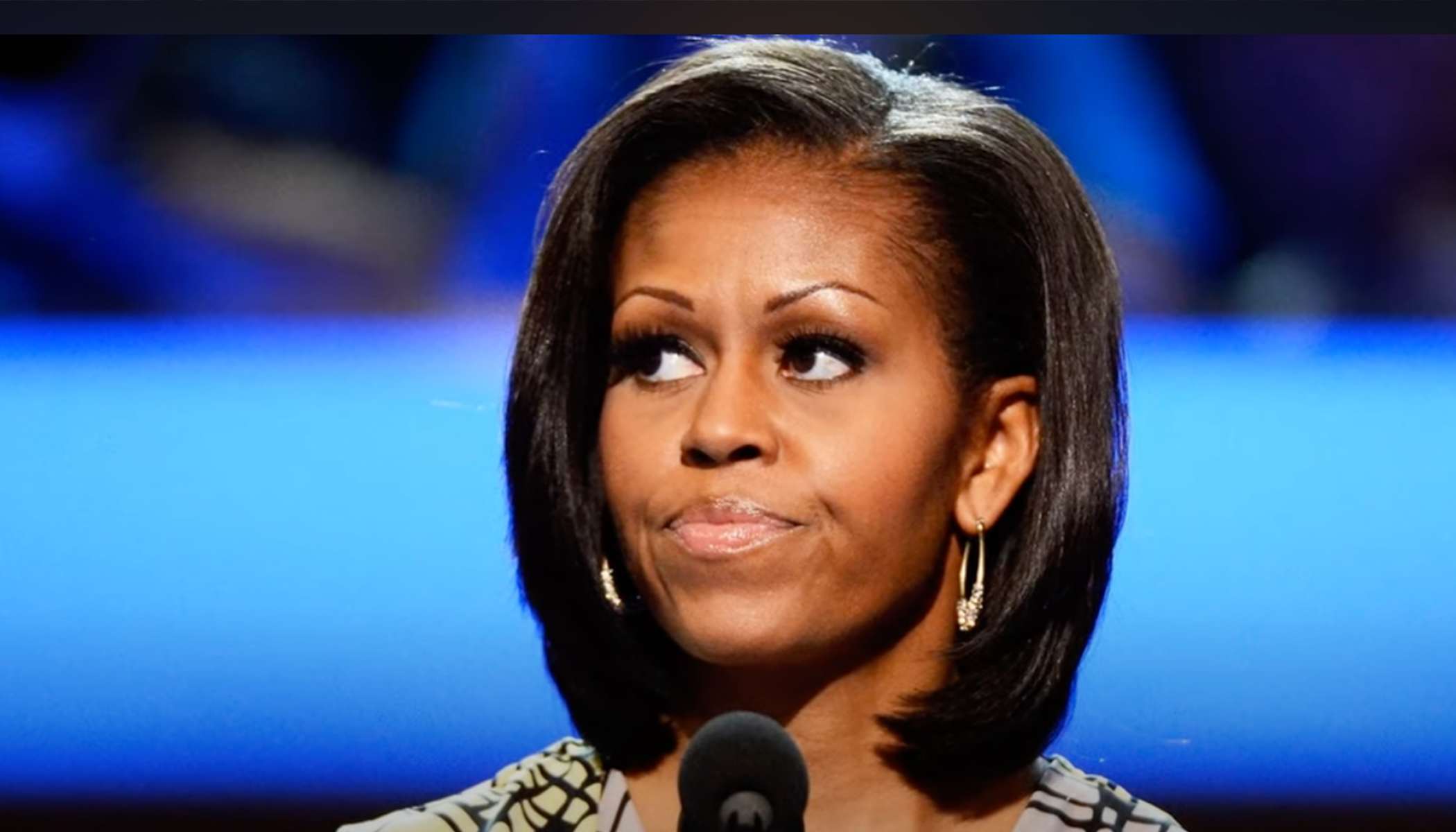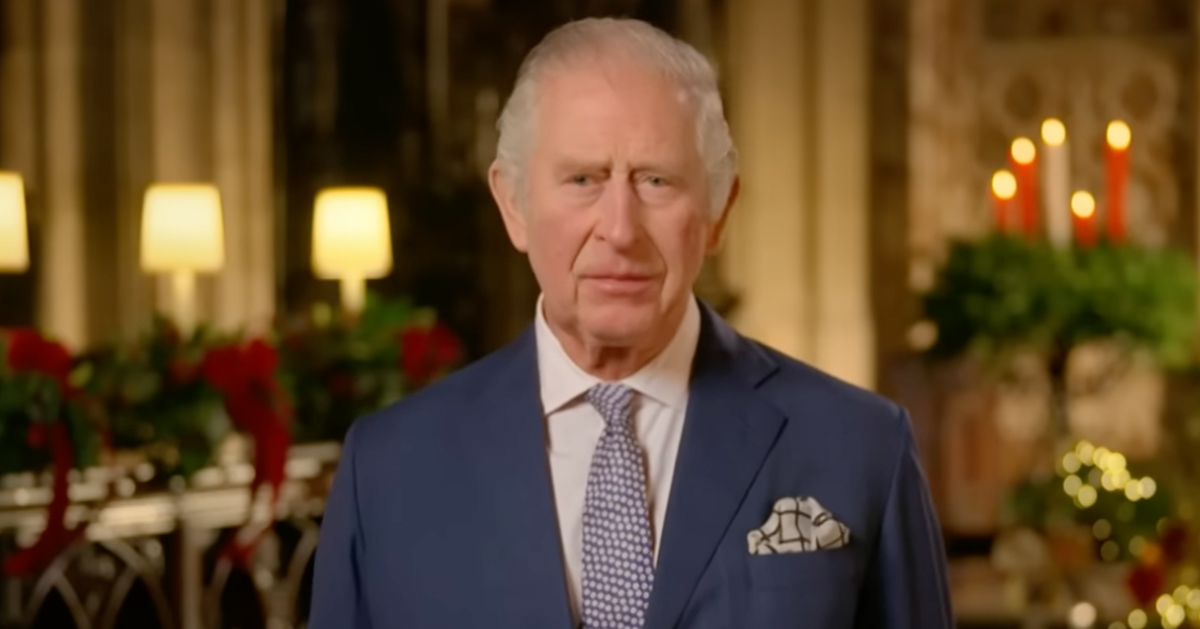Schumer Advocates DNC Delay Amid Biden Nomination Concerns
In a pivotal move within the Democratic Party, Senate Majority Leader Chuck Schumer has pushed for postponing the virtual roll call to nominate President Joe Biden for the 2024 election.
The proposed delay of the DNC until August reflects growing uncertainties within the party about Biden's re-election campaign and his overall prospects, despite first lady Jill Biden's insistence that he is in the race to stay, as Fox News reports.
The initial plan was to conduct a virtual roll call in early July to secure President Biden's nomination. However, this plan faced pushback from various Democratic members, prompting a reconsideration of the timeline.
Both Schumer and House Minority Leader Hakeem Jeffries found common ground in urging the Democratic National Committee (DNC) to postpone the event. Their intervention aimed to address concerns raised by fellow Democrats.
A significant letter from congressional Democrats highlighted the urgency of their apprehensions. They criticized the early roll call as both unprecedented and legally dubious, urging a reassessment of the approach.
Democratic Leaders Question Early Nomination Strategy
The early nomination schedule was initially set to align with Ohio's ballot requirements, which necessitated an early decision. Nonetheless, recent state legislation has adjusted these requirements, lessening the need for an expedited nomination.
Reacting to this change, the DNC's Rules Committee, led by Gov. Tim Walz and Leah Daughtry, decided to delay the nomination process until August. This move was designed to ensure a thorough and transparent procedure, adhering closely to party traditions.
Walz and Daughtry emphasized in a joint statement that the DNC is committed to a methodical approach. "We have confirmed with the Democratic National Committee and the Democratic National Convention that no virtual voting will begin before August 1," they stated, underscoring their commitment to deliberation.
Internal Opposition Surfaces Against Biden's Candidacy
The decision to delay also stems from internal dissent regarding President Biden's continued candidacy. This sentiment has been gaining traction among Democrats, with Rep. Adam Schiff being notably vocal this week.
Schiff, representing a growing faction within the party, has openly challenged Biden's insistence on continuing. He argues that fresh leadership is needed, particularly highlighting concerns over Biden's recent public appearances and debate performances.
"The performance on the debate stage I think rightfully raised questions among the American people about whether the president has the vigor to defeat Donald Trump," Schiff remarked, signaling a significant faction within the party that is clamoring for change.
Controversy Over Accelerated Nomination Timeline
Democrats opposing the early nomination have voiced their concerns through various channels, including public statements and internal letters to the DNC. Their letter unequivocally stated, "There is no legal justification for this extraordinary and unprecedented action which would effectively accelerate the nomination process by nearly a month."
This sentiment was echoed in further communications from DNC leadership, reassuring members that the nomination process would not be rushed. "No matter what may be reported, our goal is not to fast-track," Walz and Daughtry reassured in their letter.
The delay, therefore, represents a strategic pause, allowing more time for discussion and potentially for other candidates to present their cases to the party and the public.
Ensuring Transparency and Adherence to Tradition
The DNC's leadership has been adamant about maintaining transparency throughout this adjusted process. By delaying the roll call, they aim to adhere more closely to Democratic Party traditions, which value thorough vetting and broad consensus.
This approach not only addresses legal and procedural concerns but also seeks to fortify the democratic process within the party, making sure that every voice is heard and that the nomination reflects the collective will of the party members.
In conclusion, the DNC's decision to delay the virtual roll call nomination for President Biden mirrors a broader dialogue within the party about the future direction and leadership necessary to take on upcoming electoral challenges.
This decision underscores the party's commitment to a fair and transparent nomination process, ensuring that all procedural and legal standards are met.





